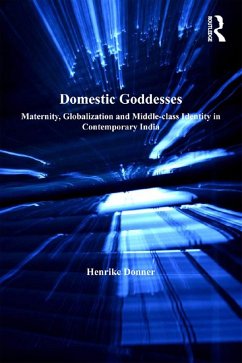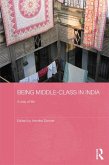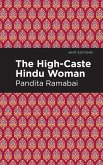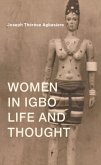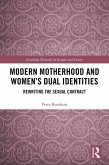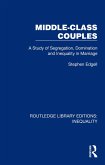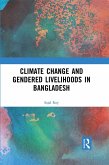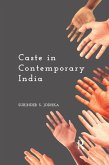Based on extensive fieldwork in Calcutta, this book provides the first ethnography of how middle-class women in India understand and experience economic change through transformations of family life. It explores their ideas, practices and experiences of marriage, childbirth, reproductive change and their children's education, and addresses the impact that globalization is having on the new middle-classes in Asia more generally from a domestic perspective.
Dieser Download kann aus rechtlichen Gründen nur mit Rechnungsadresse in A, B, BG, CY, CZ, D, DK, EW, E, FIN, F, GR, HR, H, IRL, I, LT, L, LR, M, NL, PL, P, R, S, SLO, SK ausgeliefert werden.

